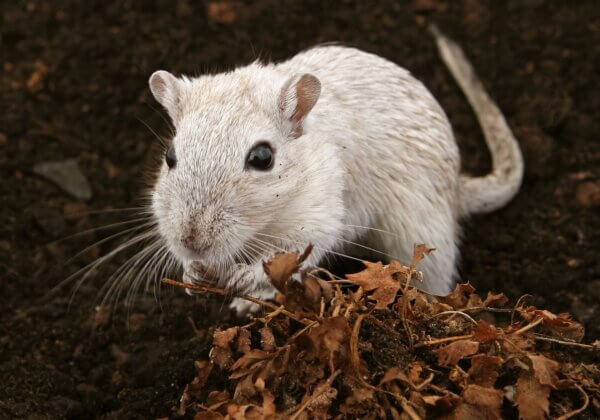Arguments Filed in Karnataka High Court to Stop Kambala on Doorsteps of Pilikula Zoo by PETA India
In a significant development in PETA India’s petition to stop several Kambala buffalo races, including an upcoming Kambala event on the doorsteps of Pilikula Biological Park (Zoo) where some 1250 animals, including those who are endangered and protected, reside—the High Court of Karnataka yesterday permitted the submission of additional facts related to the legality of a Kambala event to be held near the zoo. In addition to the physical and psychological trauma that will be caused to the buffaloes themselves, the event is being objected to over severe concerns about the impact of noise pollution near the zoo’s animals. PETA India’s petition was prompted by media reports on Kambala events planned from 26 October 2024 to 19 April 2025 in various locations across Karnataka, including non-coastal areas such as Bengaluru and Shivamogga, where these events were never traditionally held. The matter is now adjourned to 12 November.
Pilikula Biological Park Director Mr. Jayaprakash Bhandary has expressed that the planned Kambala event will take place near the heritage section of Pilikula Biological Park. He warns the proximity poses severe risks of airborne and other diseases spreading from hundreds of buffaloes to wildlife in the zoo. He also says abnormal behaviour was already observed in the zoo animals due to high noise levels from past Kambala events. The zoo director has made formal requests to the Kambala convenor and the Pilikula Development Authority to halt the event.
PETA India points out the Kambala racetrack is being built within 100 metres of the boundary wall of the Pilikula Biological Park premises and that noise pollution, including that caused by the construction of the Kambala track, can have severe negative consequences on the zoo’s animals and its breeding programs. PETA India argues noise pollution causes severe stress and fear in animals. This, in turn, can change their feeding, child-rearing, sleeping and mating behaviour. Noise can also have physiological effects on animals, such as increasing their heart rate and changing their breathing as they panic. Trapped as they are in cages and enclosures, PETA India warns the animals may also injure themselves as they try to escape. Captive animals who are severely stressed also often start demonstrating abnormal repetitive behaviours such as circling, swaying, and biting their cage bars, or they may become withdrawn and depressed into a helpless state. Because many species in zoos are prey animals, they would also feel stressed from being unable to hear potential danger from predators due to the noise.
PETA India also warns that buffaloes are prey animals and innately nervous. Men who use them for races deliberately incite them to run by bullying them – causing them pain, panic, and fear. Investigations conducted by PETA India into Kambala events reveal buffaloes tethered without food or water, beaten with sticks, and forcibly restrained with painful nose ropes. They are shouted at, slapped, and roughly handled at the starting point, often showing signs of fear and distress. In Bengaluru, the exhausted buffaloes were forced to race on a longer 155-metre track, leading to severe physiological stress, as evidenced by heavy salivation, frothing at the mouth, and laboured breathing.
View this post on Instagram
In 2014, the Supreme Court passed a detailed and well-reasoned judgement in Animal Welfare Board of India vs A Nagaraja & Ors that holding Kambala and other bull performances would violate the rights guaranteed to animals under the Constitution of India and The Prevention of Cruelty to Animals Act, 1960. However, after this judgment was passed, beginning in 2017, Tamil Nadu, Karnataka, and Maharashtra amended animal protection laws for their states to allow Jallikattu, Kambala, and bullock cart races, respectively. On 18 May 2023, a Constitution Bench of the Supreme Court also enabled these events to continue in these states.
PETA India has long campaigned against the use of bulls in performances.








